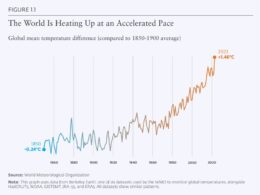A new global survey by Achilles has shed light on the state of corporate sustainability efforts, revealing a growing strategic focus but inconsistent execution across supply chains.
The 2025 Global Sustainability Priorities Survey, based on responses from more than 1,600 companies—including buying organisations and suppliers—found that while 63% of businesses now regard sustainability as a board-level priority, only 19% reported full visibility into sustainability performance throughout their supply chains.
Key findings from the report include:
- 63% of companies consider sustainability a board-level issue.
- Only 19% have complete visibility into supply chain sustainability.
- Just 20% apply consistent sustainability standards across all suppliers.
- 38% say sustainability is not yet a key factor in supplier selection.
- Reputational risk has overtaken cost and operational risks as the leading concern related to poor sustainability performance.
The results highlight a growing recognition of sustainability as a business imperative, driven by regulatory pressures, investor expectations, and reputational risks. However, they also expose the operational difficulties companies face in applying consistent standards across increasingly complex supply chains.
“The intent is clearly there, but the ability to act at scale is still developing,” said Paul Stanley, CEO of Achilles. “This survey provides valuable benchmarking for companies seeking to understand their current position and the gaps that must be addressed to embed sustainability end-to-end.”
Achilles works with organisations to build more transparent, ethical, and sustainable procurement ecosystems through supplier audits, ESG assessments, and its Ethical Business Programme.
“Organisations are increasingly aware that sustainability must extend beyond internal operations to include their suppliers. Achieving this demands the right data, strong partnerships, and a scalable framework to drive meaningful change,” Dr Stanley added.
















